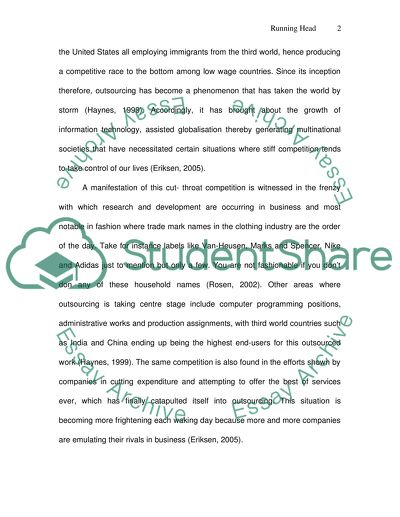Cite this document
(“The negative and positive effects of outsourcing to developing Essay”, n.d.)
The negative and positive effects of outsourcing to developing Essay. Retrieved from https://studentshare.org/e-commerce/1511182-what-are-the-negative-and-positive-affects-of-outsourcing-to-developing-countries
The negative and positive effects of outsourcing to developing Essay. Retrieved from https://studentshare.org/e-commerce/1511182-what-are-the-negative-and-positive-affects-of-outsourcing-to-developing-countries
(The Negative and Positive Effects of Outsourcing to Developing Essay)
The Negative and Positive Effects of Outsourcing to Developing Essay. https://studentshare.org/e-commerce/1511182-what-are-the-negative-and-positive-affects-of-outsourcing-to-developing-countries.
The Negative and Positive Effects of Outsourcing to Developing Essay. https://studentshare.org/e-commerce/1511182-what-are-the-negative-and-positive-affects-of-outsourcing-to-developing-countries.
“The Negative and Positive Effects of Outsourcing to Developing Essay”, n.d. https://studentshare.org/e-commerce/1511182-what-are-the-negative-and-positive-affects-of-outsourcing-to-developing-countries.


